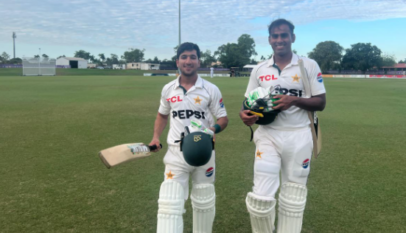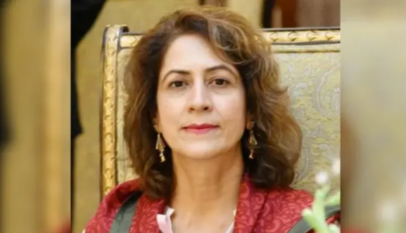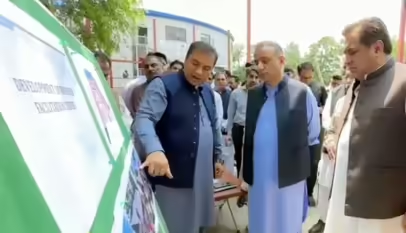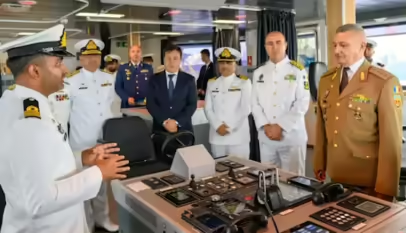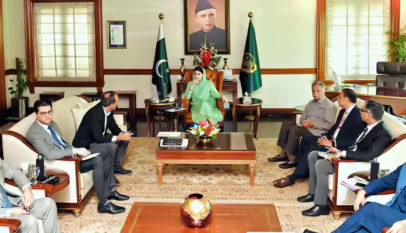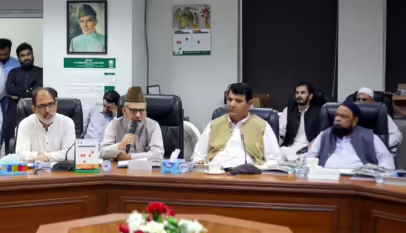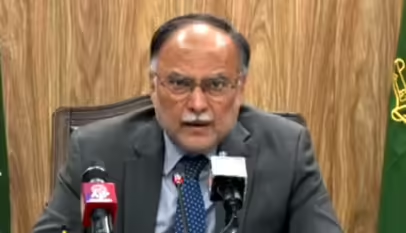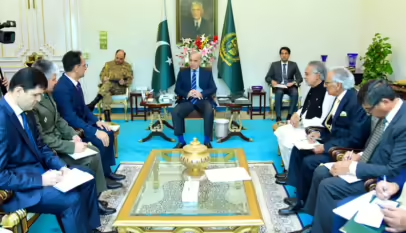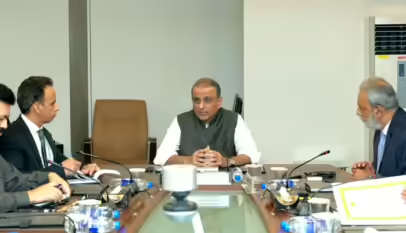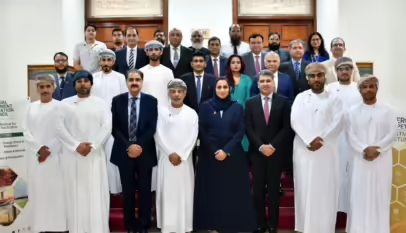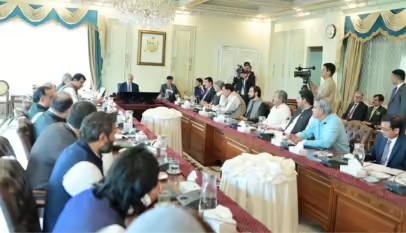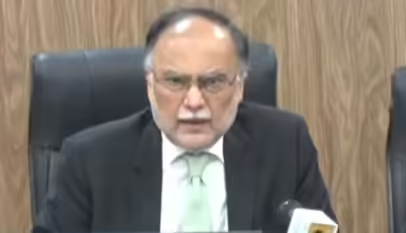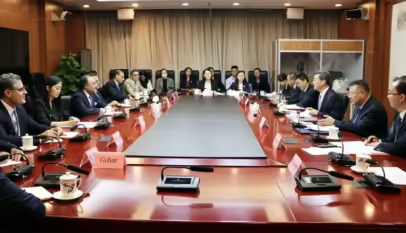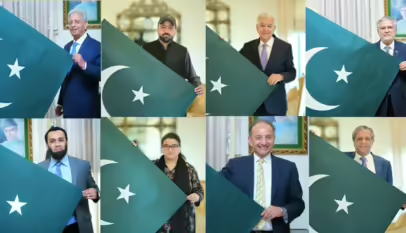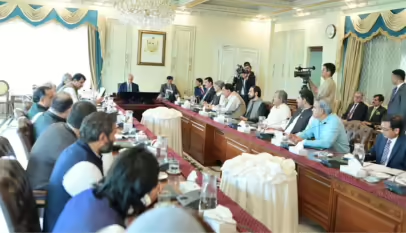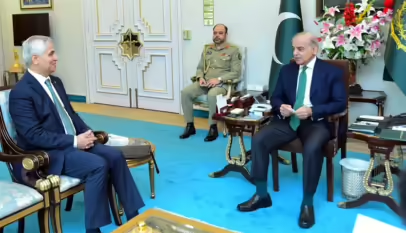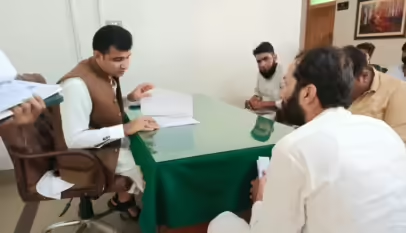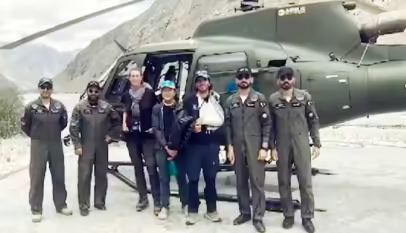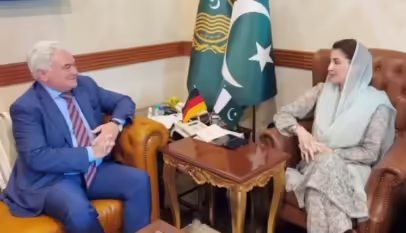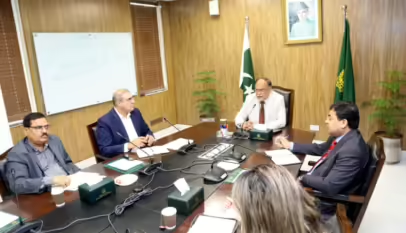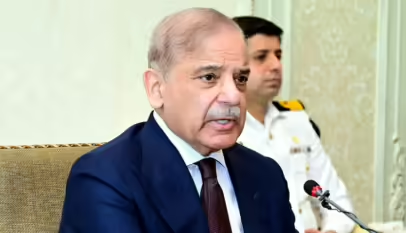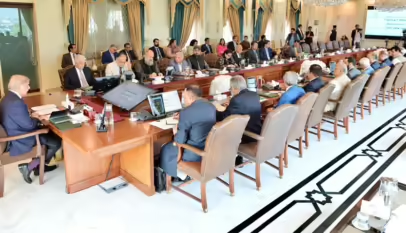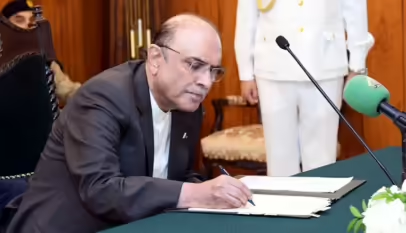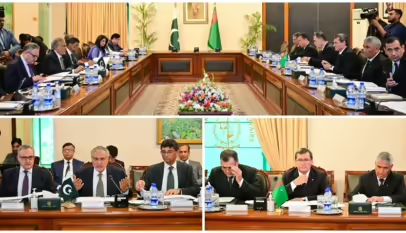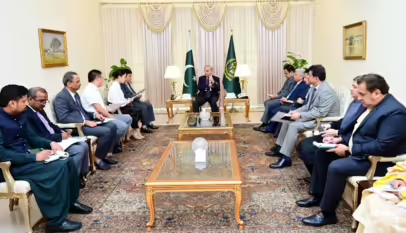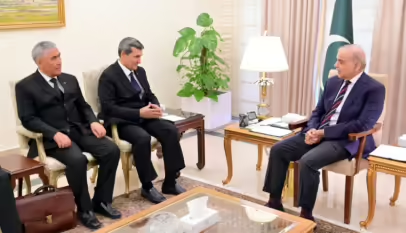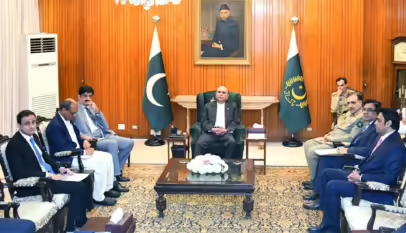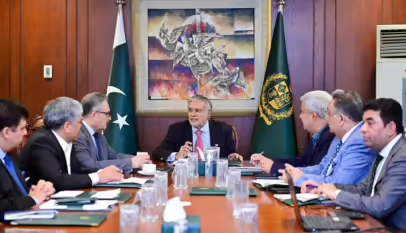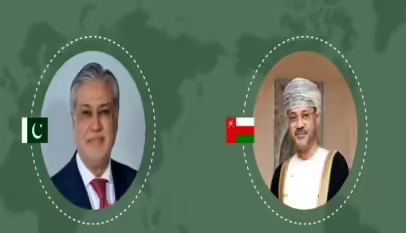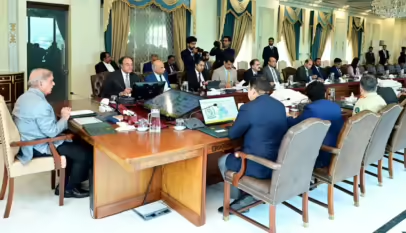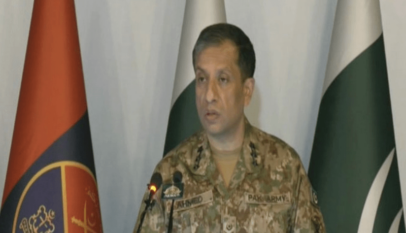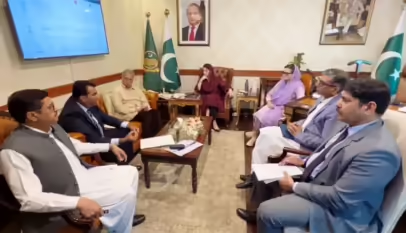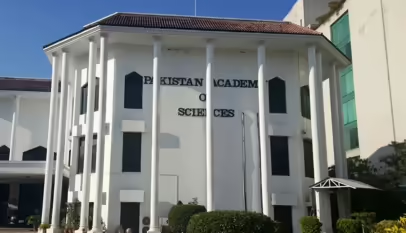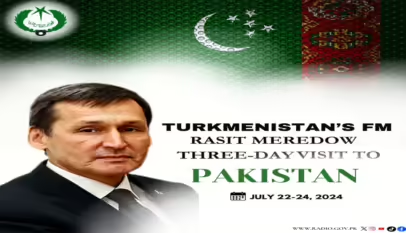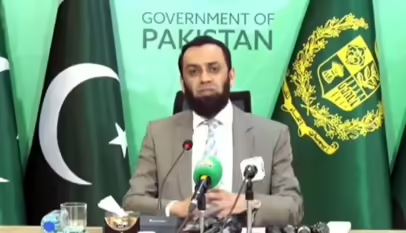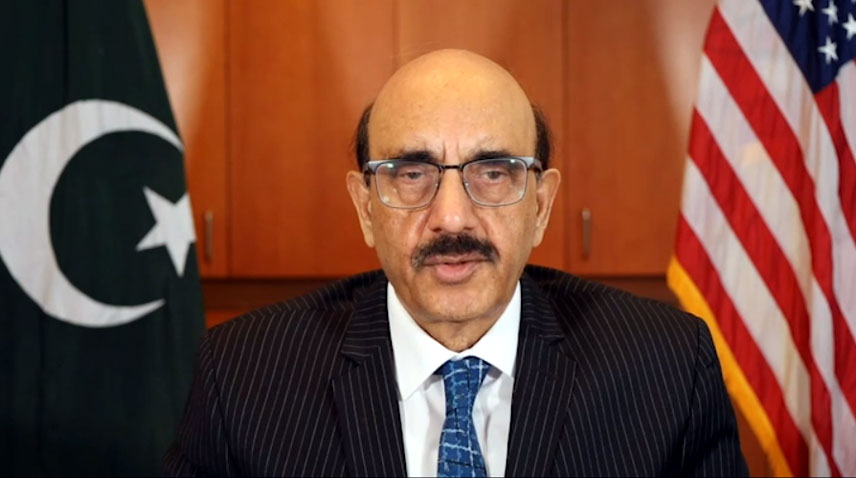
Underscoring that Pakistan’s political stability will be delivered by its people and political parties, Ambassador Masood Khan Tuesday called for Islamabad and Washington to remain “productively” engaged and broaden mutually beneficial cooperation.“Pakistan and the United States, in the current phase, are developing a new steady rhythm for their relations, not buffeted by the cyclical patterns of highs and lows,” he said at the Center for Strategic and International Studies (CSIS), a Washington-based think-tank, where he was invited to speak on: The Future of Pakistan and the U.S.-Pakistan Relations”.
But the ambassador said that the United States’ priorities in “our neighbourhood”, Europe and the Middle East had limited its attention to Pakistan.“Both sides ought to work to enhance the space for Pakistan-US cooperation”, said, adding It is in the strategic interest of the two countries to remain productively engaged.“Pakistan is key to South Asia’s security,” he told the hybrid session hosted by CSIS Senior Vice President CSIS Daniel Runde, with members of the think-tank community, former ambassadors and opinion makers attending.
A former US Ambassador, Robin Raphel, delivered opening remarks.Despite its present challenges, Masood Khan said Pakistan will have a bright future, while noting that political stability and economic growth were symbiotic.“Pakistan’s political stability will be delivered by its people and political parties. They will build an equilibrium that safeguards the supreme interests of Pakistan”, he added.
Noting that the US has cast off the Indo-centric approach towards Pakistan, the ambassador said South Asia’s security still needs to be prioritized in its own right, not as a subset of the Indo-Pacific Strategy.“India and Pakistan, two nuclear powers, should reestablish communication channels for confidence building and strategic restraint,” he said, highlighting that the Kashmir dispute cannot be erased by realpolitik and must be settled.
“For durable regional peace and stability, it must be resolved through bilateral, trilateral or multilateral statesmanship in accordance with international law.”Pakistan, Masood Khan said, should be a meeting point, not a battleground for the United States and China. “Both countries are most welcome to invest in Pakistan in the areas of their respective competencies and competitiveness.”
“In the past two years, we have made progress in creating a template for vigorous cooperation,” he said, referring to more than a dozen high-level dialogues held last year and preparations for this year’s higher-level political, economic, trade, counter-terrorism and defence interactions.
He also underlined the role of Pakistan’s strong diaspora, estimated at 1 million, who were engaged in building bridges between Pakistan and the United States.The Ambassador said that the US was a big investor in Pakistan where 80 American enterprises were profitably running their businesses. He also pointed out that the US private sector was also investing in ICT and alternate energy as well as ultimately in solar and wind power generation would grow.
He said that IT, agriculture, energy and critical minerals, as prioritized by the Special Investment Facilitation Council (SFIC), were offering huge opportunities to the US investors.Pakistan has large reserves of copper, gold, lithium, rare earth elements, manganese, nickel and cobalt, he said, and invited investors to help extract these minerals and process them for industrial use along
the value chains.
Answering a question, Masood Khan said that more investment in Pakistan was needed in the next 20 years and through it to the West Asian hemisphere.“Restoration of the General System of Preferences by Congress will open doors for Pakistani products,” the Ambassador said.
He said that American decisions on the restoration for Pakistan of military sales and military financing and supply of critical equipment to keep the strategic balance and fight the rising threat of terrorism was being awaited.Referring to a recent UN report that said Al-Qaeda was training Tehrik-i-Taliban Pakistan (TTP) in eight camps in Afghanistan to support their cross-border attacks in Pakistan, Masood Khan said that ISIS-K and TTP attacks were a potent threat to Pakistan, the US and its allies. “We must have a coordinated strategy to eliminate it,” he said.
Earlier, former ambassador Ms. Raphel said that Pakistan would remain a country of consequence which the US should strive to understand and cultivate as a strong partner. She also highlighted various challenges being faced by the country including economic problems and adverse impacts of climate change that she stressed needed to be addressed as a matter of priority.
During the discussion session Runde, the CSIS Senior Vice President, proposed greater opportunities to Pakistani students, while underscoring the need for the US government to consider fulfilling Pakistan’s requirements for meeting its security needs.

